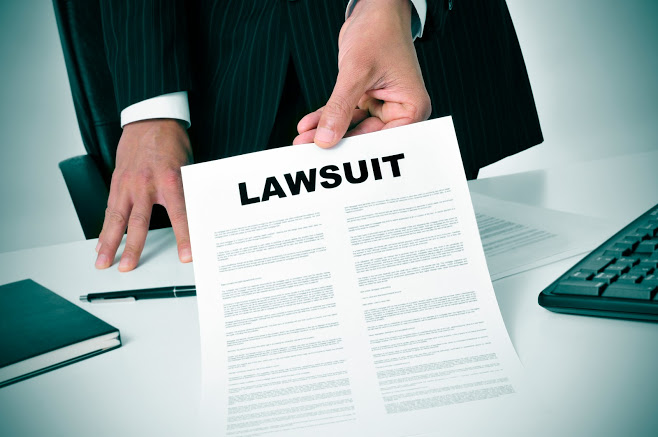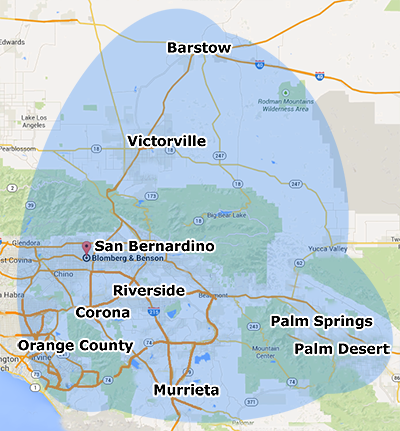Home >> Blog >> When to Lodge a Legal Claim Against Your Property Agent
When to Lodge a Legal Claim Against Your Property Agent

People place considerable faith in their real estate agents. Whether you want to buy or sell a house, a real estate agent can cost you a lot of money if they breach their contract with you. Here are some of the specific actions or inactions of a property agent that can cost you money and for which you might have grounds to sue them.
Conflict of Interest
A conflict of interest arises if the agent's interests are contrary to your interests. The agent should act in your interest and get you the best deal possible. You may not get the best deal if the agent has an interest to the contrary.
Consider a case where the agent you want to sell your house also wants to buy the house themselves. If the agent uses a proxy party, such as one of their relatives, to buy the house, the agent might sell the house at a bargain so they can buy it for cheap.
Inadequate Disclosure
If you want to buy a house, your agent should disclose every relevant thing they know about the house. You use the knowledge to make an informed decision on the purchase. An agent that withholds some information, particularly information that may influence your decision, is guilty of inadequate disclosure.
An example is an agent who wants a sale to go through so much that they fail to notify you about illegal additions to a house. Such an agent is liable for your losses if you discover the illegal additions after purchase.
Disobedience
Your real estate agent works on your behalf and advises you on what to do, but every major decision is yours every step of the way. You decide how much you can pay for a house, the contingencies you can make or accept, and any deal breakers you have. Thus, an agent errs if they ignore, for any reason, your directive to accept a bid.
Incompetence
Real estate agents are professionals who should have relevant knowledge of real estate transactions. For example, a real estate agent should know the documents necessary for real estate transactions in the agent's area of practice. An agent who doesn't know about a crucial document is guilty of incompetence and should compensate you for the relevant losses.
Breach of Confidentiality
The information you provide to your real estate agent is confidential, and the agent isn't supposed to disclose the information to others. Whether you want to sell your house because you have a terminal disease or because you have lost your job, that information should stay between you and your agent.
Thus, the agent breaches your confidentiality agreement if they disclose the information to other people. What if potential buyers use the information to their advantage during negotiations?
Failure to Advise
An agent should use their knowledge and experience to advise you every step of the way. For example, if you want to sell a house, the agent should guide you on the current market trends, the improvements you should or shouldn't make, plus other relevant information. The agent is guilty of failure to advise if they don't give you the relevant advice (the failure can cost you money).
Fraud
Although rare, a real estate agent can also cost you money fraudulently. Say you are ignorant of the property purchase process, and the agent convinces you to transfer the deposit money to their account. If the agent runs away with your money, then they are guilty of fraud (intentional deception for unlawful gain).
Talk to Blomberg, Benson & Garrett, Inc., if you have a dispute with your real estate agent. We will review the dispute, advise you on the next steps to take, and help you take those steps. We believe that no one should suffer due to the negligent, reckless, or intentional acts of another party.



